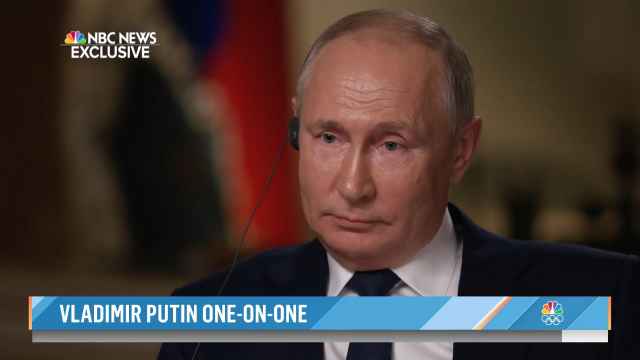A Russian programmer has been arrested in Spain on the orders of U.S. intelligence agencies, the Kremlin-owned RT news outlet reported on Thursday.
Stanislav Lisov was detained in Barcelona airport on Jan. 13 as part of an FBI search for “Russian hackers,” his wife Darya Lisova told the news outlet.
The couple, who live in the southern Russian city of Taganrog, were visiting the country on holiday, she said.
"As soon as we got out of the car, we were approached by two police officers who showed us their badges and told us that my husband was under arrest,” Lisova told RT. “Then they began to check his phone, tablet and laptop."
She said that the officers told her that the arrest had been carried out at the request of the FBI and Interpol.
The 31-year-old has yet to be formally charged. Neither the FBI, Interpol or the U.S. State Department have commented on the arrest, RT reported.
The Russian embassy in Spain confirmed that they had been made aware of the arrest, and had formally requested details on the reasons for Lisov’s arrest.
“The embassy and the Consulate General in Barcelona are in touch with Spanish authorities to protect the interests of our citizen and provide him with any necessary consular assistance," embassy spokesperson Vasily Nioradze told RT.
U.S. intelligence agencies have accused Kremlin-backed hackers of leaking thousands of confidential emails from the U.S. Democratic National Committee in a bid to influence the country’s presidential election.
In a recent poll carried out by American television channel NBC and the Wall Street Journal newspaper, 51 percent of Americans said that they believed that Moscow had carried out the hack. Only 24 percent said that the cyber-attack had influenced the final vote.
The Kremlin denies the allegations.
If FBI involvement is confirmed to be behind Lisov's arrest, it would not be the first time that U.S. authorities have arrested alleged Russian hackers holidaying in Europe.
In October 2016, Czech police arrested a suspected Russian hacker in the city of Prague. A Czech court will now decide whether to extract him to the United States.
A Message from The Moscow Times:
Dear readers,
We are facing unprecedented challenges. Russia's Prosecutor General's Office has designated The Moscow Times as an "undesirable" organization, criminalizing our work and putting our staff at risk of prosecution. This follows our earlier unjust labeling as a "foreign agent."
These actions are direct attempts to silence independent journalism in Russia. The authorities claim our work "discredits the decisions of the Russian leadership." We see things differently: we strive to provide accurate, unbiased reporting on Russia.
We, the journalists of The Moscow Times, refuse to be silenced. But to continue our work, we need your help.
Your support, no matter how small, makes a world of difference. If you can, please support us monthly starting from just $2. It's quick to set up, and every contribution makes a significant impact.
By supporting The Moscow Times, you're defending open, independent journalism in the face of repression. Thank you for standing with us.
Remind me later.






